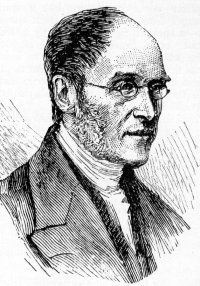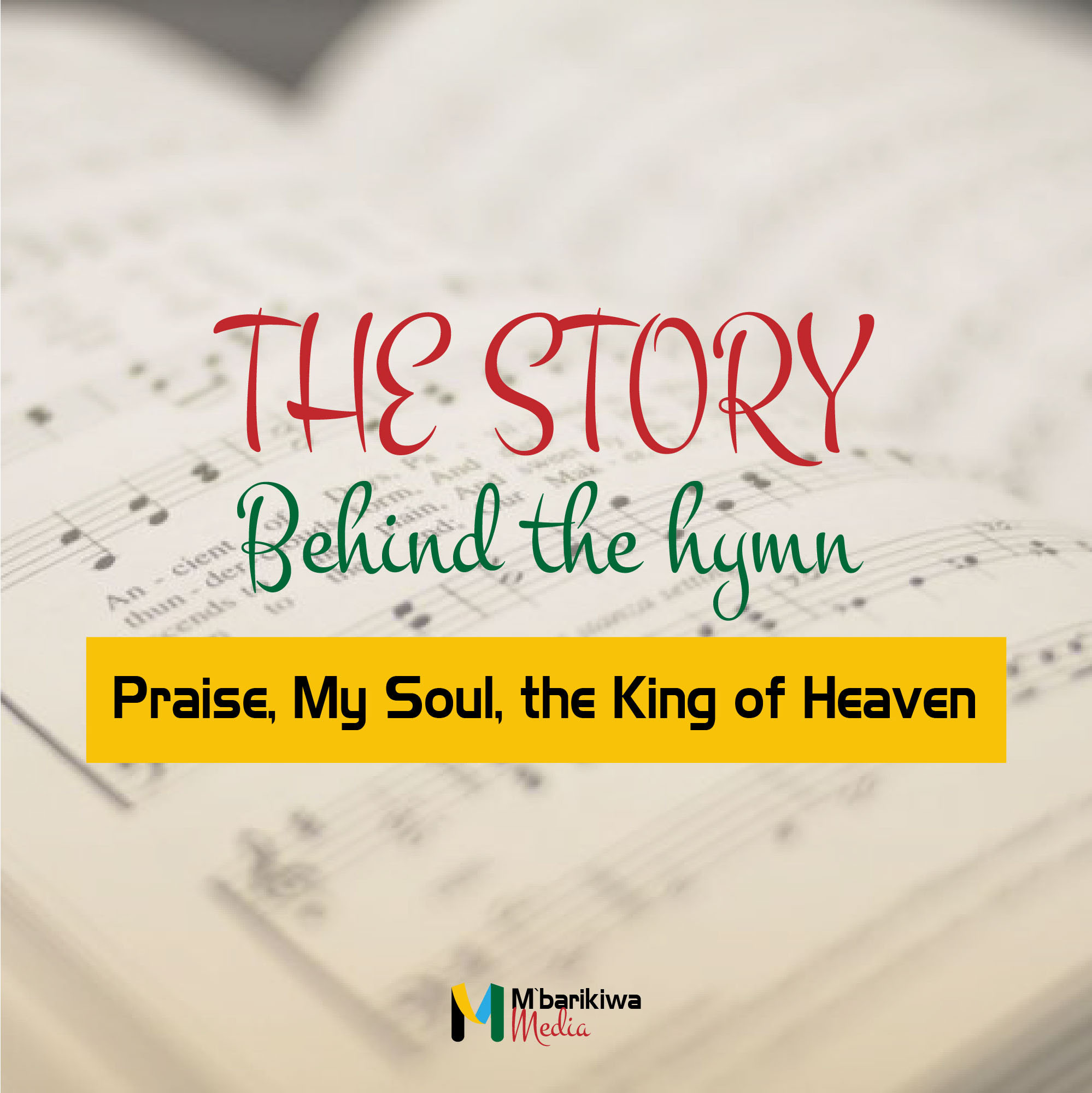Praise, My Soul, the King of Heaven is a Christian hymn. Its text, which draws from Psalm 103, was written by Anglican divine (clergyman) Henry Francis Lyte.

Henry Francis Lyte
The hymn is frequently sung in the United Kingdom and was used in the 1947 royal wedding of Princess Elizabeth, now Queen Elizabeth II, and Prince Philip, Duke of Edinburgh. It was also used as the opening hymn at the 2018 funeral of former U.S. President George H. W. Bush.
The psalms are a source of inspiration for hymn writers. Psalm 103 is the basis of “Praise, My Soul, the King of Heaven” by Henry Francis Lyte (1793-1847).
Lyte, Henry Francis, M.A., son of Captain Thomas Lyte, was born at Ednam, near Kelso, June 1, 1793, and educated at Portora (the Royal School of Enniskillen), and at Trinity College, Dublin, of which he was a Scholar, and where he graduated in 1814. During his University course he distinguished himself by gaining the English prize poem on three occasions. At one time he had intended studying Medicine; but this he abandoned for Theology, and took Holy Orders in 1815, his first curacy being in the neighbourhood of Wexford. In 1817, he removed to Marazion, in Cornwall. There, in 1818, he underwent a great spiritual change, which shaped and influenced the whole of his after life, the immediate cause being the illness and death of a brother clergyman. Lyte says of him:—
“He died happy under the belief that though he had deeply erred, there was One whose death and sufferings would atone for his delinquencies, and be accepted for all that he had incurred;”
and concerning himself he adds:—
“I was greatly affected by the whole matter, and brought to look at life and its issue with a different eye than before; and I began to study my Bible, and preach in another manner than I had previously done.”
From Marazion he removed, in 1819, to Lymington, where he composed his Tales on the Lord’s Prayer in verse (pub. in 1826); and in 1823 he was appointed Perpetual Curate of Lower Brixham, Devonshire, where he served for 24 years. . That appointment he held until his death, on Nov. 20, 1847.
Kenneth Osbeck notes that Lyte “was known as a man frail in body but strong in faith and spirit.” Suffering from chronic asthma and tuberculosis, he retired from his parish in September 1847. Seeking a better climate in Italy, he died that November in Nice, France, on his way to Rome.
Lyte’s poetry earned him several honors. His collections include Tales on the Lord’s Prayer in Verse (1826), Poems, Chiefly Religious (1833, 1845), and The Spirit of the Psalms (1834).
His most famous hymn was “Abide with me, fast falls the eventide” — which represents the heart of the Romantic style for hymn scholar Ian Bradley. This hymn, originally in five stanzas, was published as one of 280 free psalm paraphrases in The Spirit of the Psalms. One of three paraphrases of Psalm 103, Lyte took a very free approach to his interpretation.
An Anglican minister, he drew upon Miles Coverdale’s translation as found in the Book of Common Prayer rather than the Authorized King James Version.
Instead of beginning with “Bless the Lord, O my soul,” this translation opens with: “Praise the Lord, O my soul: and all that is within me praise his holy Name. Praise the Lord, O my soul: and forget not all his benefits; who forgiveth all thy sin: and healeth all thine infirmities; Who saveth thy life from destruction: and crowneth thee with mercy and loving-kindness.”
One can see these theological ideas in the opening stanza of Lyte’s hymn, but in a free poetic form.
References:
https://www.wikipedia.org
https://www.umcdiscipleship.org
https://hymnary.org

